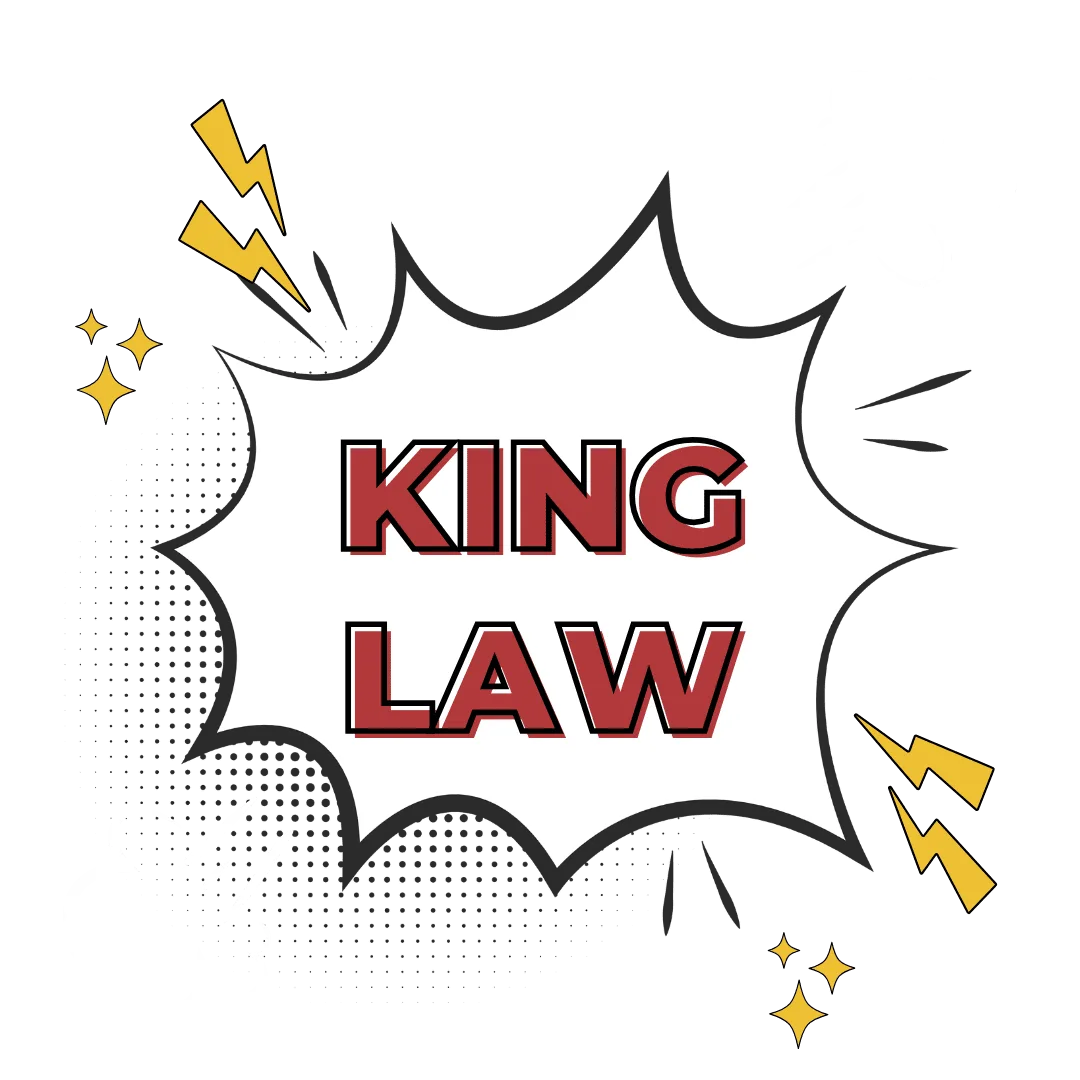One of the key issues in any car accident case is the issue of fault. Such faults needs to be proven in order for an individual to be eligible for compensation through a personal injury claim. Most people are aware that they need to watch what they say after a car accident so as not to apportion fault to themselves. This article will discuss a scenario where the individual admits guilt at the scene of an accident and whether this means automatic liability.
Generally, most people are aware that it is of the utmost importance to watch what they say after a car accident. This is especially so at the scene of the accident. However, this is a difficult principle to remember especially when we are in shock and suffering from the after-effects of the accident. During those fast moving, panicky moments after an accident the people involved may say a number of things for a number of reasons, for example:
‘I’m sorry’ – this apology to the other driver may not be intended as an admission of fault but rather as an expression of regret that the accident occurred or it may be a way to convey relief that everyone involved in the accident came through without any serious injuries.
‘I didn’t even see you’ – while this statement may be true and you may not have seen the other car in the seconds before the accident, it is not uncommon that they may be information you are not aware of. For example, it may be that the other driver was speeding or he or she made an illegal turn, hence, the reason why you did not see him or her. However, by saying ‘I did not see you’ this does not necessarily translate to your being legally liable for the accident.
Making statements similar to the above is just human nature after an accident. However, admissions of fault, whether or not you intended to, can be used to establish liability in any insurance claim or personal injury lawsuit stemming from the accident. Therefore, it is of the utmost importance that you train yourself to hold your tongue after the accident especially when it comes to issues of fault and liability.
The only thing you need to focus on is to exchange contact information with the other drivers and witnesses and answering any questions asked by medical personnel or police officers who arrive at the scene of the accident. However, it is more important to be careful not to make any admission of fault during these exchanges, as your statement will likely end up as part of the police report detailing the accident. In addition, do not volunteer any opinions with regards to what you believe took place or jump to any conclusions with regards to issues as to whether a traffic signal was yellow or red or who had right of way. Even in situations where the other driver is accusing you of something, it is not the place to discuss such details.
For legal advice and representation contact car and motorcycle accident attorney near me.
